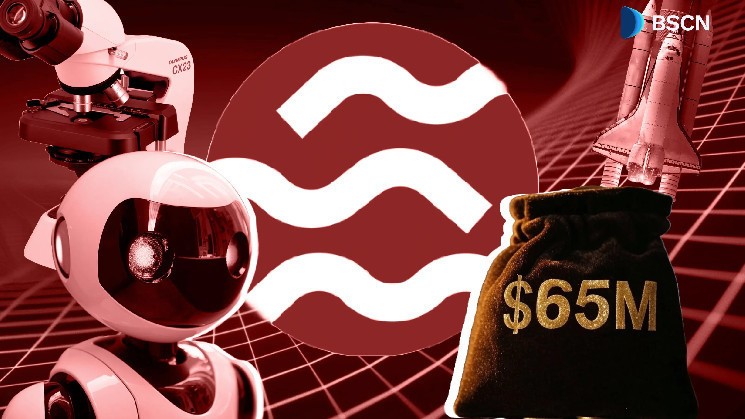The Sei Foundation launched a $65 million venture fund, Sapien Capital—Open Science Fund I, to support decentralized science (DeSci) startups on the Sei Network. This initiative aims to revolutionize scientific research by leveraging blockchain technology to enhance transparency, funding, and>Unlike traditional scientific institutions, DeSci shifts control to decentralized communities, ensuring a fairer and more open system for research and innovation.
Investment Strategy and Fund Allocation
The fund will invest in both tokens and equity of DeSci projects, with investments ranging from $100,000 to $2 million. According to Justin Barlow, Sei Foundation’s head of business development and investments, the full $65 million will be deployed over the next three to four years.
Sei Foundation is fully committed to the fund but may consider external investors or limited partners in the future. Unlike typical ecosystem funds, this initiative will not provide grants but will focus strictly on venture investments.
Target Areas:
Sapien Capital—Open Science Fund I will focus on key areas within DeSci, including:
- Wearable technology – Advancing real-time health monitoring and data collection.
- User-owned data collectives – Empowering individuals to control and monetize their data.
- Gamified drug discovery – Using blockchain incentives to accelerate pharmaceutical research.
Barlow emphasized that these areas can bridge the gap between niche scientific communities and mainstream adoption. The fund aims to address systemic challenges in life sciences and biotech, leveraging the ownership and funding models that crypto has developed over the last decade.
“Our goal is to empower visionary founders who are building the infrastructure, applications and communities needed to support and scale this emerging vertical,” Barlow noted.
The Growth of DeSci and Its Challenges
Decentralized science, or DeSci, is transforming the traditional scientific research landscape. By utilizing blockchain technology, DeSci creates decentralized platforms that allow researchers to share data openly and access funding without relying on centralized institutions.
This shift offers transparency, community-driven decision-making, and fair compensation for scientists. Unlike centralized institutions that control funding decisions, DeSci uses decentralized autonomous organizations (DAOs) to enable transparent, community-driven funding.
Despite its potential, the sector still faces challenges. The scientific community has been slow to adopt blockchain-based models due to concerns about credibility and regulation. To counter this, the Sei Foundation plans to collaborate with respected academic institutions and life science companies to establish trust and encourage adoption.
The rise of DeSci is attracting interest from major players. In November 2023, Binance Labs (now YZi Labs)invested in BIO Protocol, marking one of the first high-profile entries into the sector. Additionally, venture capital firms like a16z have shown growing interest in funding blockchain-powered science projects.








Leave a Reply